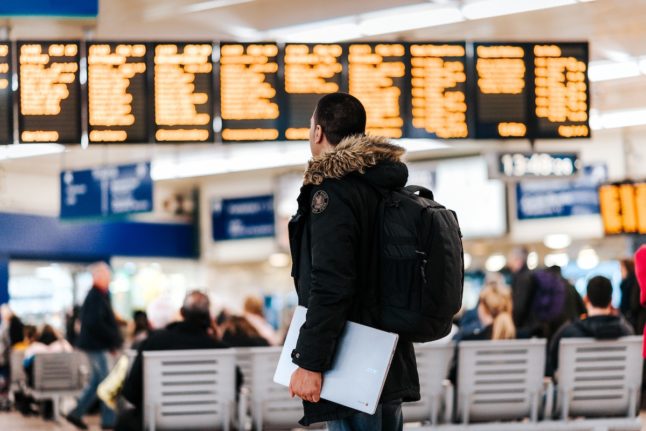Spanish airport manager AENA confirmed on Monday, February 20th that from the end of 2023 or early 2024, passengers will be able to take liquids greater than 100ml in hand luggage on flights from Spain.
The new changes won’t only apply to liquids, but also to electronic devices, meaning passengers will no longer have to take their laptop or tablet out of their bag and place it in a separate tray when they go through airport security.
Gone will be the days when you had to decant your shower gels, shampoos and other bathroom liquids into 100ml containers.
The new rule also means that if a passenger only has hand luggage, they will soon be able to travel with bottles of wine, jars of local honey, or olive oils.
Madrid-Barajas and Barcelona El-Prat will be the first two airports in Spain where the liquid and electronics rule will be dropped AENA confirmed, while there are also plans to introduce it in Palma de Mallorca at the end of 2024.
Back in December 2022, the director of Mallorca’s Palma Airport Tomás Melgar said that after its renovations, the airport will be equipped with more modern technology in terms of safety and quality, meaning passengers will not have to remove items from their hand luggage, including liquids or electronic devices, such as computers, but at the time did not confirm a date of when this would happen.
All these changes are thanks to new 3D scanners and enhanced x-ray technology, which can accurately detect everything in greater detail inside your bag, and they are currently being rolled out across the world.
The scanners have already been successfully tested in more than a dozen airports in the US and next year they will be available in Europe, including Spain, from next year.
In December 2022, the UK government announced it would be using this technology and that liquid security rules would be eliminated at its airports from June 2024.
Ireland also said it would be trialling these new machines at airports in Dublin and Cork, putting an end to the 100ml liquid rule, as well as the necessity to remove laptops from bags.
The enhanced x-ray machines are also being implemented in the Netherlands and in Finland.
Liquids have been prohibited on airplanes in many countries around the world since 2006, after a failed terrorist plot on a plane from London involving liquid explosives.
The rule was even extended to most types of gels, pastes and emulsions, meaning that passengers have had to fit all their toiletries into one small clear plastic bag and if they were travelling with hand luggage only, like many in Europe do, they couldn’t bring back any drinks or bottles of perfumes (unless bought at the airport) with them.
In addition to the elimination of the restriction of liquids with the new scanners, AENA is also preparing for improvements in the control of hold luggage, the automation of hand luggage management and the implementation of new biometric control systems.
At the beginning of 2023, the company took out a loan of €800 million for security and innovation projects at Spanish airports.
Some €188 million will go into the implementation of security elements such as new scanners.
Tags: AENA, Palma Airport, Spanish airports
